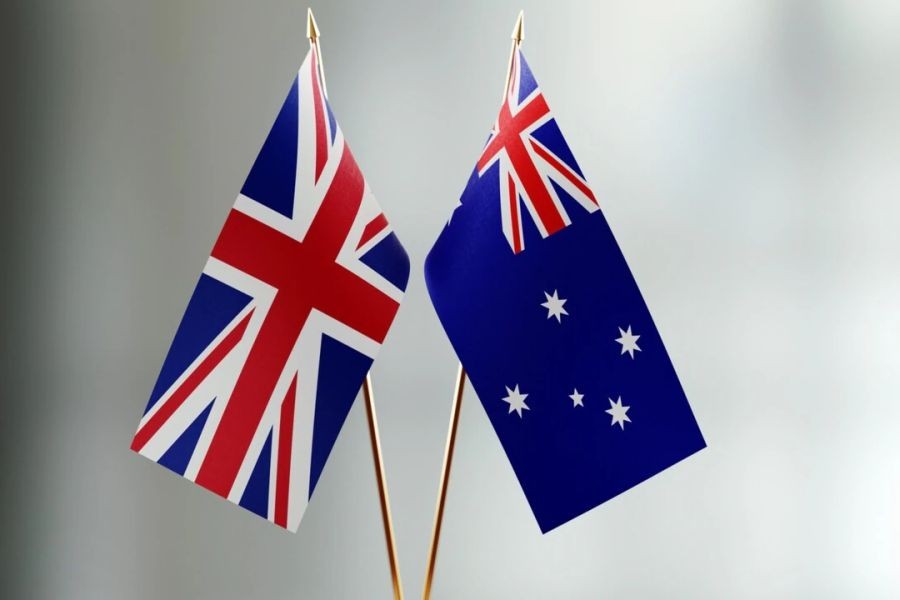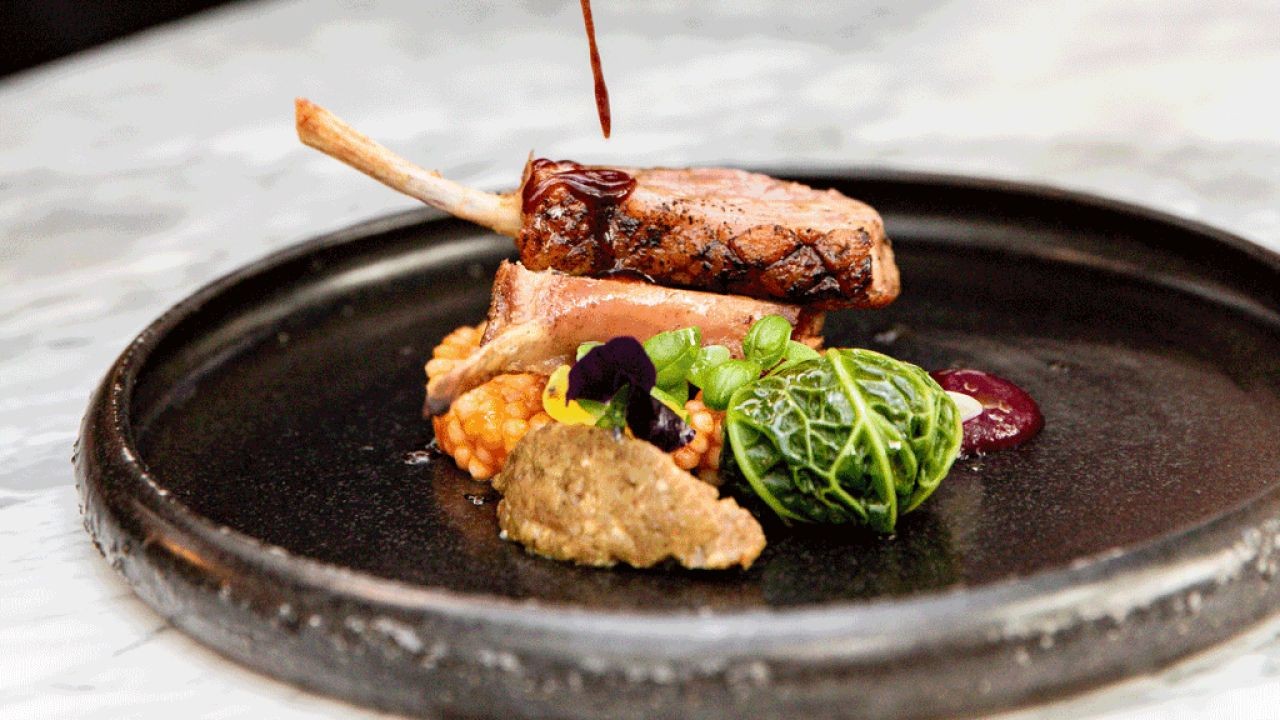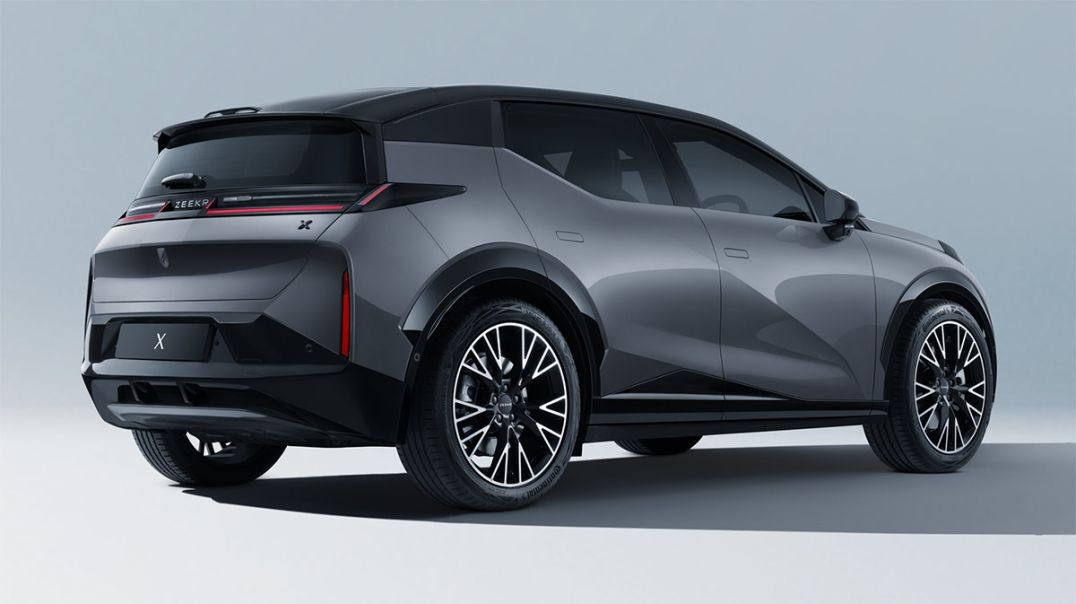Australia has long grappled with the notion of transitioning from a constitutional monarchy to a republic. The debate is not merely symbolic but deeply rooted in the country’s evolving identity and political landscape. As Australia stands at the crossroads, the question arises: will Australia become a republic in the next decade? Understanding this potential shift requires examining historical context, economic implications, and public sentiment.
The Historical Context of Australia’s Republic Debate
The debate over Australia's status as a constitutional monarchy dates back to the early 20th century. Attempts to alter this status, such as the 1999 referendum, which resulted in 54.87% of Australians voting against the republic model, highlight the nation's ongoing struggle with this decision. The Queen’s passing in 2022 reignited discussions, pushing the republic agenda back into the spotlight. However, transitioning to a republic requires not only a shift in public opinion but also significant constitutional changes.
Economic Implications of Becoming a Republic
The economic implications of Australia becoming a republic are multifaceted. Advocates argue that a republic could foster a stronger national identity, potentially boosting tourism and international business relations. However, critics highlight the initial costs associated with the transition, citing expenses related to changing the head of state, rebranding national symbols, and potential economic instability.
According to the Reserve Bank of Australia (RBA), the economic impact of such a transition could be mitigated by careful planning and phased implementation. Historical precedents, such as Ireland's transition from a monarchy to a republic, have shown that economic impacts are often more symbolic than substantial. Nevertheless, for a nation like Australia, with its significant reliance on international trade and tourism, the symbolic gesture could translate into real-world economic outcomes.
Public Sentiment and Political Will
Public sentiment plays a crucial role in the republic debate. Recent surveys indicate a growing support for a republic, especially among younger Australians. A 2023 poll by the Australian Broadcasting Corporation (ABC) showed that 55% of Australians now support the transition, a significant shift from past sentiments.
However, political will is equally important. The current government has expressed openness to the idea, but significant legislative changes and a successful referendum are necessary. The Australian Competition and Consumer Commission (ACCC) notes that such a transition would also require extensive public consultation and education to ensure a smooth transition.
Case Study: Ireland’s Transition to a Republic
Australia can learn from global examples, such as Ireland, which transitioned from a constitutional monarchy to a republic in 1949. This transition was gradual, involving extensive public consultation and careful legislative changes. The Irish government focused on maintaining economic stability during the transition, ensuring that the change did not disrupt international relations or economic growth.
Australia, with its robust economy and political stability, could potentially follow a similar path. The key takeaway from Ireland's experience is the importance of public engagement and phased implementation to minimize economic disruption.
Pros and Cons of Transitioning to a Republic
Pros:
- National Identity: Becoming a republic could strengthen national identity and unity.
- Economic Opportunities: A republic could foster stronger international relations and potentially boost tourism.
- Political Independence: A republic would symbolize full political independence from the British monarchy.
Cons:
- Economic Costs: The transition could involve significant financial costs related to rebranding and constitutional changes.
- Political Challenges: Achieving consensus and passing necessary legislation could be politically challenging.
- Public Division: The debate could deepen existing public divisions, particularly if a clear majority does not emerge.
Common Myths and Misconceptions
Myth: "Becoming a republic will drastically change Australia’s day-to-day governance."
Reality: The transition to a republic would primarily affect the symbolic head of state, with the government structure largely remaining the same.
Myth: "The transition to a republic will be economically disastrous."
Reality: While there are initial costs, the economic impact is often minimal, as seen in Ireland’s example.
Myth: "Most Australians prefer the monarchy."
Reality: Recent surveys indicate a shift in public sentiment, with a growing number of Australians supporting a republic.
Future Trends and Predictions
The future of Australia’s status as a republic is uncertain, but trends indicate an increasing push towards change. By 2030, it is predicted that public support for a republic will grow, driven by younger generations seeking a distinct national identity. The Australian economy, known for its resilience, is likely to adapt smoothly to the transition, provided it is managed carefully and inclusively.
Conclusion
Australia stands at a pivotal moment in its history. The decision to become a republic is not merely about changing a figurehead but about redefining national identity and embracing a future that reflects contemporary values. As discussions continue, it is crucial for Australians to engage with the debate and consider the long-term implications of such a significant change.
People Also Ask
- How does becoming a republic impact Australia’s economy? Transitioning to a republic may involve initial costs but could foster stronger national identity and international relations, potentially boosting tourism and economic opportunities.
- What are the biggest misconceptions about Australia becoming a republic? A common myth is that it will drastically alter governance. In reality, the change is largely symbolic, affecting only the head of state.
- Who benefits the most from Australia becoming a republic? Young Australians and those seeking a stronger national identity may benefit, as well as industries related to tourism and international business.
Related Search Queries
- Will Australia become a republic by 2030?
- Economic impact of Australia becoming a republic
- Public opinion on Australia becoming a republic
- Australia republic vs monarchy debate
- History of the Australian republic movement
- Pros and cons of Australia becoming a republic
- Future of Australian politics
- Australia national identity and republic

































Brackenridge Builders
5 months ago